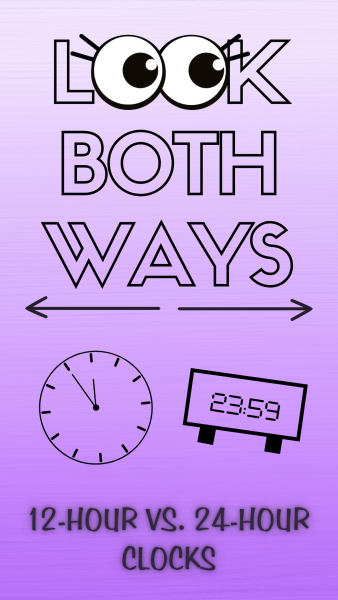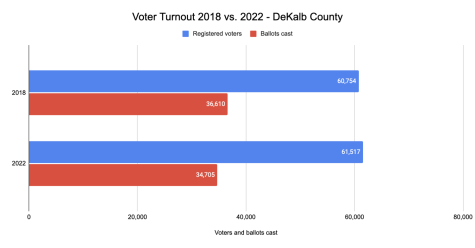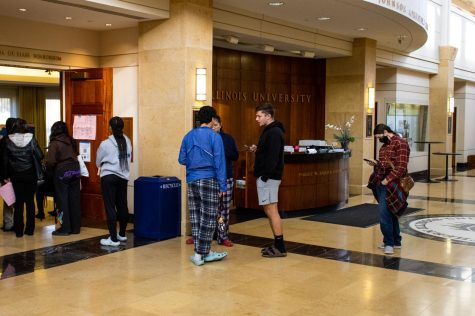You should vote “Yes” on the Workers’ Rights Amendment
In the 2022 Midterm elections, registered Illinois voters will be given the chance to vote for the Workers’ Right Amendment which is a step further than the current National Labor Relations Act.
Illinois voters will get the chance to vote in favor or against the addition of the Workers’ Rights Amendment to the state constitution this November. If you’re an Illinois voter and worker heading to the polls, it is in your best interest to vote in support of this amendment for the workers’ rights it will guarantee.
If implemented, the proposed Workers’ Rights Amendment will cement the rights of unions in the workplace, namely the right “to bargain collectively … for the purpose of negotiating wages, hours, and working conditions, and to protect their economic welfare and safety at work.”
The amendment would also prohibit the passing of right-to-work laws in Illinois, which prevent unions from requiring workers to join. While three other states, New York, Missouri and Hawaii, have already implemented similar amendments to their state constitutions, Illinois would be the first to ban right-to-work laws.
Right-to-work laws, generally justified as checks on union power, are often supported by larger corporations and can be incredibly detrimental to the working class. According to the AFL-CIO, America’s largest union federation, 3.1% of workers’ pay drops under right-to-work laws.
While some see it redundant to protect rights which are already maintained at a federal level through the National Labor Relations Act, the Workers’ Rights Amendment would go further than the NLRA. The amendment would prohibit right-to-work laws, and it would ensure protections currently granted by the NLRA never change.
It is a crucial time to be safeguarding fundamental rights at a state level. Solidifying constitutional rights within a state’s constitutions may very well be a necessary precaution, such as the overturn of Roe vs. Wade seems to prove.
“There’s never been a more important time for us to guarantee these projections in the Illinois constitution because when you look at what’s happening nationally, our rights are under attack,” Vote Yes to Worker Rights member Joe Bowen told NBC Chicago in Sept.
One of the main concerns of those opposing the amendment, such as the Illinois Republican Party, is a supposed increase in taxes.
However, while this claim regarding taxes is effective in causing fear – for nothing riles the people up more aggressively than threats to their money – it is unsupported by any real evidence.
In actuality, to most people, the Workers’ Rights Amendment will have a purely positive financial effect: increased wages.
“Union workers in Illinois earn 14% more and are 9% more likely to have health insurance coverage,” according to a study by the Illinois Economic Policy Institute and the University of Illinois Urbana-Champaign. Furthermore, union workers are less likely to be dependent on government aid programs or fall below the poverty line.
The Workers’ Rights Amendment is a necessary addition to the Illinois constitution simply for the sake of possible detriment to workers’ rights in the future. If enacted, future political leaders of Illinois would be prevented from passing any anti-union laws, for there is no guarantee what is protected today will remain protected tomorrow.













